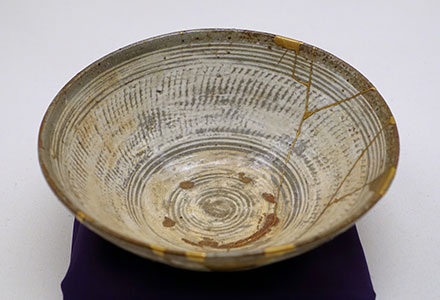Life is hard. Especially when we go through situations like being hurt by people who are supposed to love us, experiencing chronic illnesses, struggling to succeed in work or school, or our relationships breaking up. All these experiences can make us feel like, “Maybe there’s something wrong with ME.” And when we feel this way, we start to wonder: Am I broken?
The problem with thoughts like these is that they can get us stuck. It makes problems feel like they’ll never change, but this isn’t true.
It’s okay to acknowledge that you are hurting and may feel broken. BUT it’s in this moment. And this moment will not last forever. Things will get better because you are more than your traumatic experiences.
How we start to blame ourselves
When we feel broken, we may begin to believe that something must be wrong with us while the rest of the world goes on with their lives. And we may start to blame ourselves, but why do we do this?
- Our thoughts: When life beats you down over and over again, it’s hard not to let thoughts become beliefs that make you feel “stuck.” Bad experiences might lead you to think, “Have I experienced things so damaging that I’m broken? Or “Is the problem me? Am I just broken and that’s why it won’t get better? ” These thoughts change the way we see ourselves. And these thought problems are called thinking traps.
- What we go through: Our life experiences can also make us feel broken. Living through traumatic experiences or living with a mental health condition means that sometimes we put ourselves in situations where we are hurt again. For example, experiencing childhood trauma increases our risk of having interpersonal violence in relationships when we are teenagers or young adults.
- Life in general: Being human means we experience difficult things in life often. But experiencing multiple traumas again and again means you are at greater risk of developing depression or complex PTSD.
But none of these things mean that we are broken. When we feel this way it’s important to recognize that what has happened in the past (or present) doesn’t mean that it has to determine your future. You may be going through a difficult time right now, but you will get through it.
Putting yourself back together
When we are hurt, these experiences can actually make us stronger. This experience is why people who have experienced trauma like to call themselves survivors. The focus is not on blaming ourselves, but turning the attention back on: “What happened? How am I different? How do I want to be now?”

This photograph shows a ceramic dish that has been broken—and repaired with gold. (This is a Japanese technique called kintsugi.) The cracks represent a permanent loss… but they also allow the dish to be more beautiful than it was before—and a lot more interesting.
As part of rethinking your experiences, you might think of yourself as a vase. You may have been broken, but a broken vase put back together is still a vase. Even if it doesn’t look quite the same as before, it still serves its original purpose. And in some ways, it may even be more unique, stronger, or special. This is a powerful analogy to remember when you feel broken.
Even though you may have a few scars, you’re still worthy and you matter. Given what you’ve gone through, you’re probably resilient, funny, and certainly more compassionate towards suffering.
Though it might not seem like it now, our challenges make us who we are. Your experiences are the glue that holds the vase together. When you’re deep in the trenches of feeling broken this might sound like nonsense, but it’s true. Your past has made you stronger or helped you to grow in some way. While you may feel broken, you can always put yourself back together and rebuild.
Taking one of our mental health tests or exploring the links on this site to learn more can be a start for learning more about your mental health.
"*" indicates required fields
